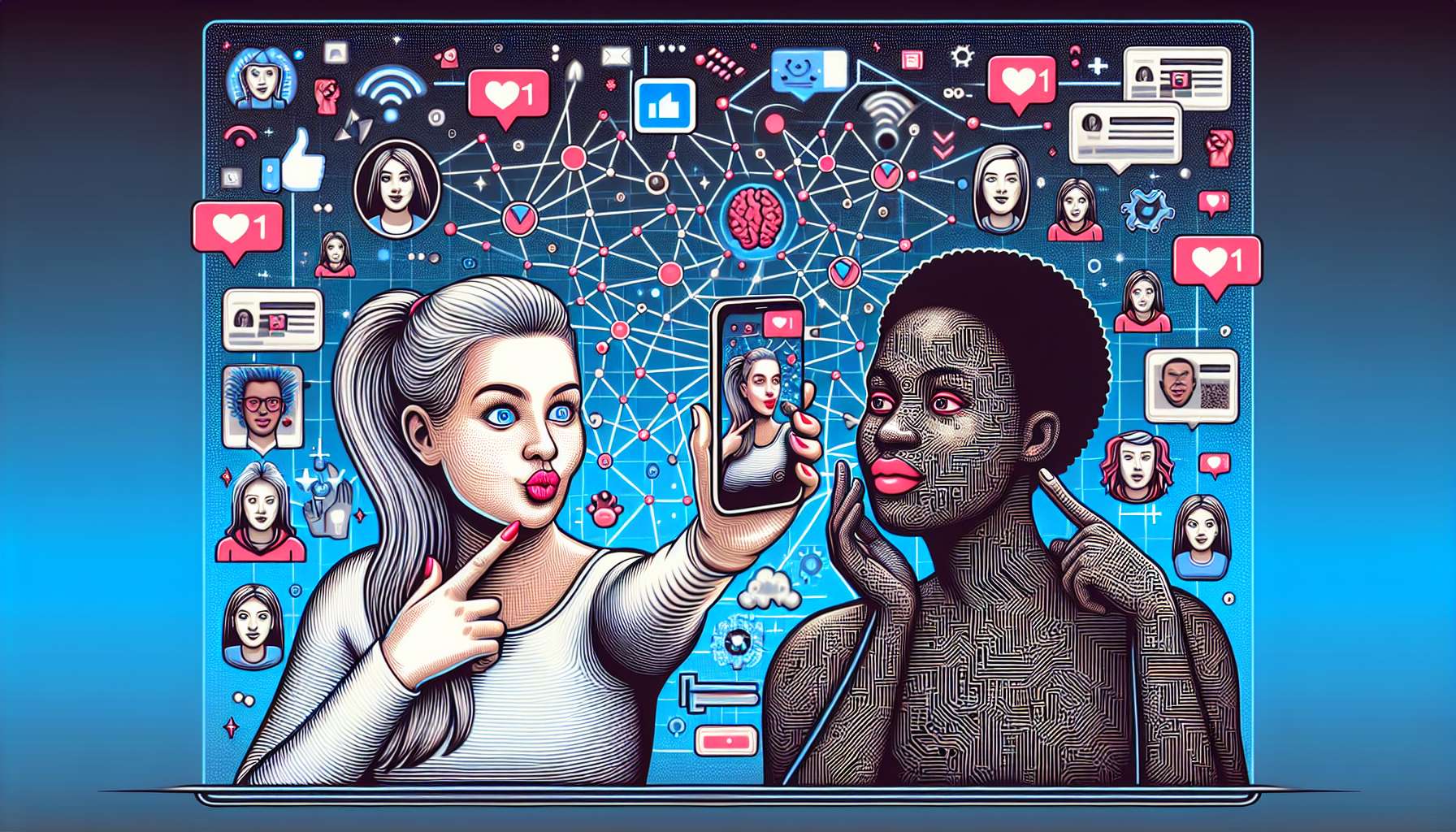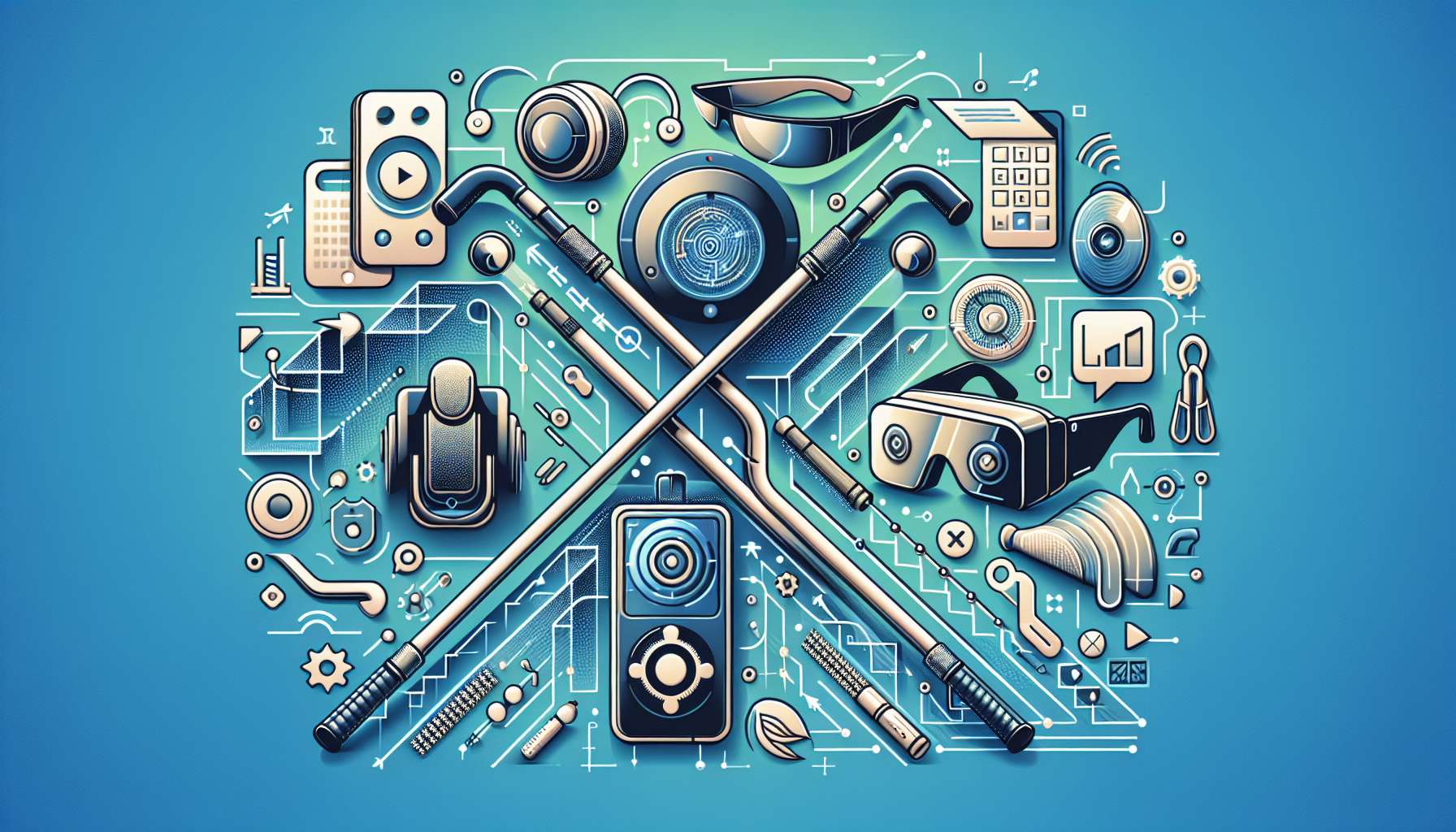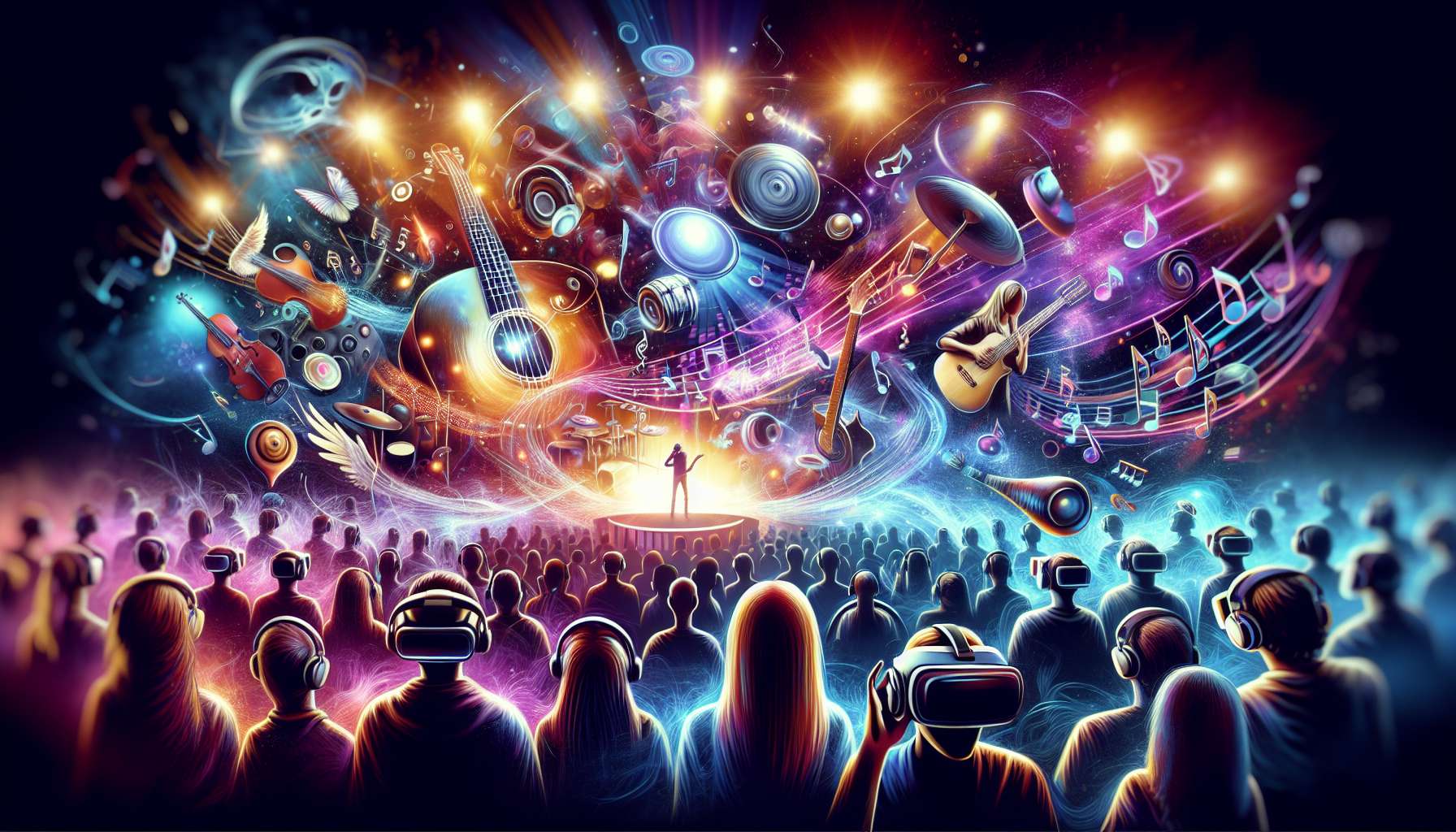The Social Impact of AR Filters: Fun or Narcissism?
Augmented reality (AR) filters have become increasingly popular in recent years, transforming the way we interact with social media platforms. These filters allow users to overlay digital elements onto their photos and videos, adding a touch of creativity and entertainment to their posts. While AR filters can be a fun way to enhance our online presence, some argue that they contribute to a culture of narcissism. In this article, we will explore the social impact of AR filters and delve into the debate surrounding their use.
The Rise of AR Filters
AR filters have gained immense popularity across various social media platforms, such as Instagram, Snapchat, and TikTok. These filters range from simple face-altering effects to complex animations and virtual objects that can be superimposed onto the real world. Users can transform themselves into animals, mythical creatures, or even try on virtual makeup before making a purchase.
One of the main reasons behind the widespread adoption of AR filters is their ability to make content creation more engaging and entertaining. Users can express their creativity, add a personal touch to their posts, and stand out from the crowd. Additionally, AR filters provide an opportunity for users to escape from reality and explore different personas, fostering a sense of playfulness and self-expression.
The Fun Aspect
AR filters undoubtedly bring a fun element to social media. They allow users to experiment with different looks, styles, and themes, making their content more visually appealing. These filters often go viral, creating trends and challenges that bring people together and spark conversations. The fun aspect of AR filters can help alleviate stress, provide a source of entertainment, and create a positive online environment.
The Narcissism Debate
On the other hand, critics argue that the use of AR filters promotes narcissistic behavior. They claim that the constant desire to alter one’s appearance and present an idealized version of oneself can lead to a distorted self-image and a shallow focus on external validation. Some argue that the obsession with filters can contribute to low self-esteem and body image issues, as users compare themselves to the flawless and heavily edited versions of others.
Moreover, the use of AR filters may contribute to the perpetuation of unrealistic beauty standards. By constantly altering their appearance, users may inadvertently reinforce the idea that only a certain type of beauty is desirable, leading to feelings of inadequacy among those who do not fit these standards.
Conclusion
AR filters have undoubtedly revolutionized the way we engage with social media, offering a fun and creative outlet for self-expression. While they can enhance our online presence and provide entertainment, it is essential to be mindful of their potential impact on self-esteem and body image. Striking a balance between using AR filters for fun and maintaining a healthy self-perception is crucial. Ultimately, the social impact of AR filters depends on how individuals choose to use them and the awareness they have of their potential effects.








